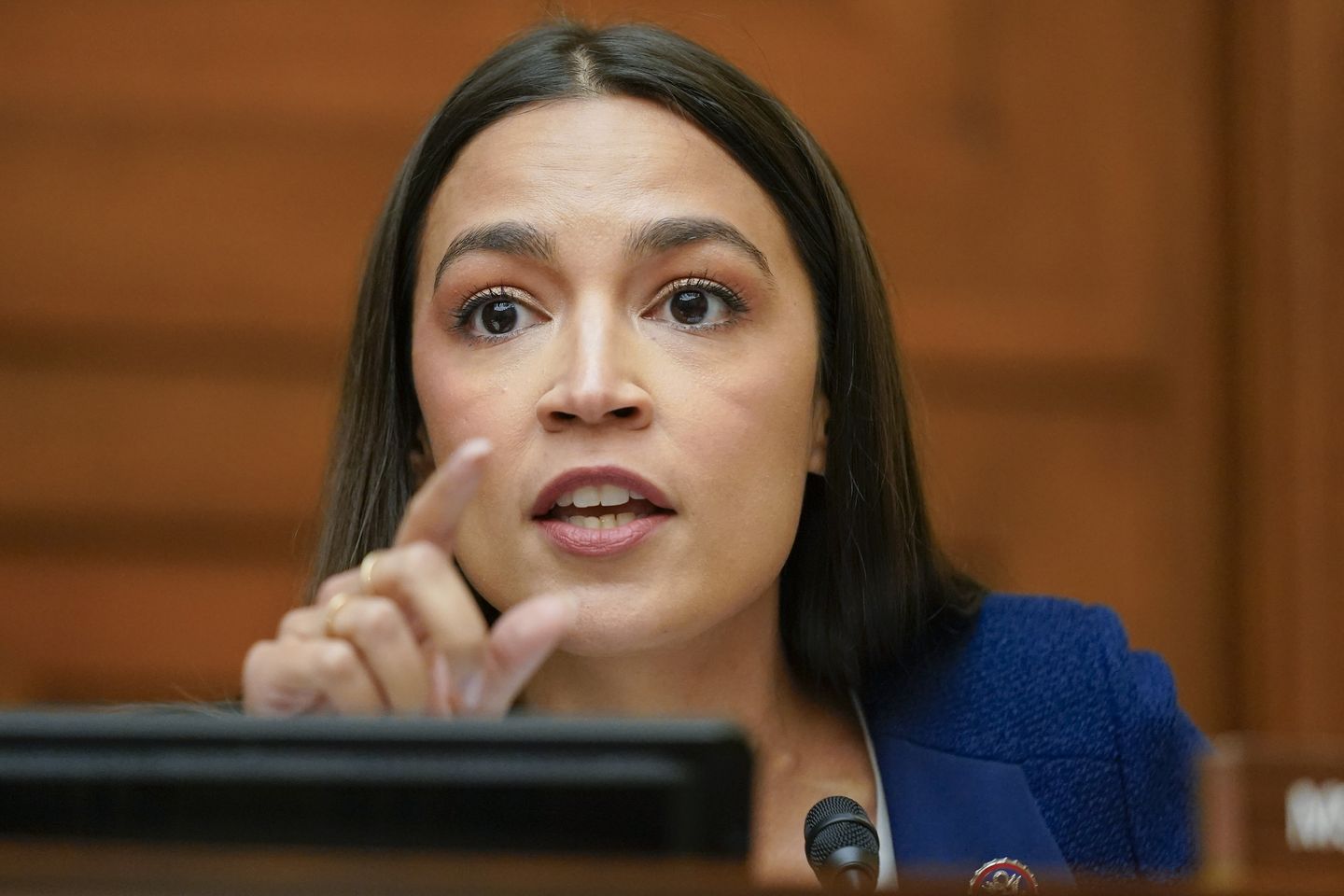In a recent tweet, Rep. Alexandria Ocasio-Cortez suggested that the extreme weather events occurring in Texas were a form of divine retribution against former President Donald Trump. Ocasio-Cortez’s comments came as a response to the devastating winter storm that left millions of Texans without power and water. She implied that the storm was a sign of karmic justice for Trump’s policies and actions during his presidency.
The congresswoman’s remarks sparked a debate on social media, with some criticizing her for politicizing a natural disaster and others praising her for speaking out against Trump. Ocasio-Cortez has been a vocal critic of Trump and his administration, and her comments reflect her belief that he was responsible for causing harm and suffering to the American people. By connecting the storm to Trump, she sought to draw attention to the impact of his policies on vulnerable communities.
Ocasio-Cortez’s statement also raises questions about the role of religion in politics and public discourse. While some may view her comments as inappropriate or insensitive, others may see them as a powerful expression of moral outrage and a call for accountability. The idea of divine retribution is a common theme in religious and philosophical traditions, and Ocasio-Cortez’s interpretation of the storm as a form of punishment reflects her belief in the importance of justice and righteousness.
The congresswoman’s comments come at a time when climate change and extreme weather events are becoming increasingly common and severe. Scientists have warned that global warming is leading to more frequent and intense storms, droughts, and other natural disasters. Ocasio-Cortez’s remarks highlight the need for urgent action to address climate change and its impacts on vulnerable communities, particularly those already facing economic and social challenges.
Overall, Rep. Alexandria Ocasio-Cortez’s interpretation of the Texas winter storm as a divine rebuke of former President Donald Trump reflects her strong convictions and commitment to social justice. While her comments may be controversial, they serve as a reminder of the interconnectedness of politics, morality, and the environment. As the effects of climate change continue to worsen, it is essential for policymakers and the public to engage in meaningful discussions about the root causes of environmental crises and work towards solutions that prioritize the well-being of all communities.









